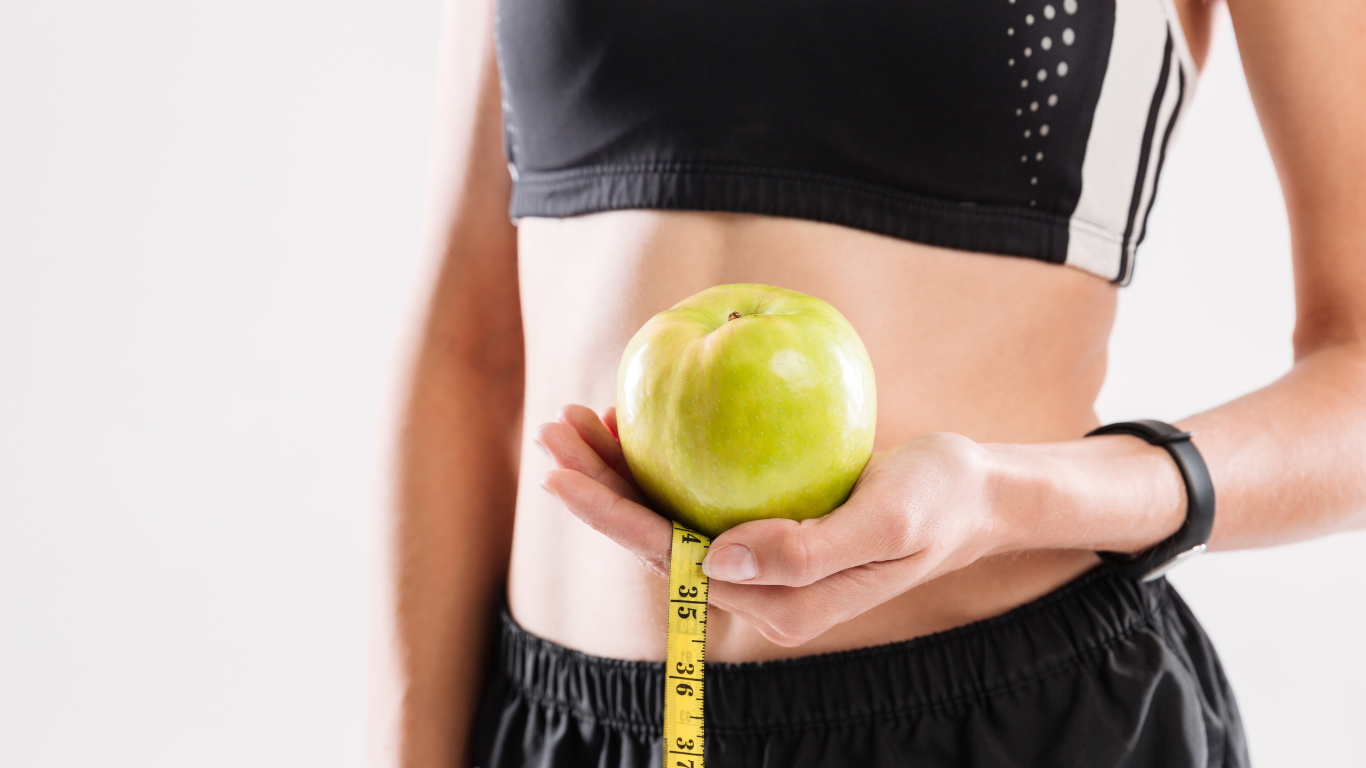In today’s fast-paced world, many of us are constantly searching for effective ways to lose weight. While there are plenty of quick fixes and fad diets out there, the best and most sustainable approach is through healthy eating. By making smarter food choices and focusing on long-term habits, you can achieve lasting weight loss without feeling deprived or constantly hungry. So, how does healthy eating help you lose weight, and what are some practical tips to get started? Let’s dive in!
The Basics of Weight Loss
Before jumping into specific eating tips, it’s essential to understand how weight loss works. At its core, losing weight is about creating a calorie deficit, meaning you burn more calories than you consume. This can be achieved by reducing calorie intake through your diet, increasing physical activity, or ideally, a combination of both.
Metabolism also plays a crucial role in weight loss. Your body’s metabolic rate determines how many calories you burn at rest. While factors like age, genetics, and gender influence metabolism, your diet and activity levels can also affect it.
The Foundation of a Healthy Diet
A successful weight loss journey starts with building a solid nutritional foundation. Focusing on nutrient-dense foods that provide the essential vitamins, minerals, and macronutrients (proteins, fats, and carbohydrates) is key.
Eating the right balance of these macronutrients ensures your body gets what it needs to function properly, stay energized, and burn fat efficiently.
Healthy Eating Tip #1: Prioritize Whole Foods
When it comes to weight loss, whole foods are your best friend. These are foods in their most natural state, free from added sugars, unhealthy fats, and artificial ingredients. Whole foods are rich in nutrients, more filling, and tend to be lower in calories compared to processed foods.
Examples of whole foods for weight loss:
- Fruits and vegetables
- Lean meats like chicken and turkey
- Fish and seafood
- Whole grains like quinoa and brown rice
- Nuts, seeds, and legumes
Healthy Eating Tip #2: Control Portion Sizes
Even healthy foods can lead to weight gain if consumed in large quantities. Learning to manage portion sizes is a crucial step in preventing overeating.
Practical tips for portion control:
- Use smaller plates to make your portions look larger.
- Pay attention to hunger cues and stop eating when you’re satisfied, not stuffed.
- Measure out snacks rather than eating directly from the package.
Healthy Eating Tip #3: Increase Protein Intake
Protein is a powerhouse when it comes to weight loss. It helps you feel fuller for longer, reducing the temptation to overeat. Additionally, protein requires more energy for your body to digest compared to fats and carbohydrates, which can boost metabolism slightly.
High-protein foods to include in your diet:
- Eggs
- Greek yogurt
- Chicken breast
- Tofu
- Beans and lentils
Healthy Eating Tip #4: Eat More Fiber-Rich Foods
Foods rich in fiber are excellent for weight loss because they help you stay full longer, regulate digestion, and maintain steady blood sugar levels. Fiber slows down the digestion of carbohydrates, which prevents spikes and crashes in blood sugar that can trigger hunger.
Best fiber-rich foods:
- Vegetables (broccoli, carrots, spinach)
- Whole grains (oats, barley, quinoa)
- Fruits (apples, berries, oranges)
- Legumes (beans, chickpeas)
Healthy Eating Tip #5: Stay Hydrated
Often, our bodies confuse thirst with hunger, leading to unnecessary snacking. Drinking enough water throughout the day can help curb these false hunger signals and keep you feeling satisfied.
Hydration tips:
- Carry a water bottle with you at all times.
- Drink a glass of water before meals to prevent overeating.
- Aim for at least 8 glasses of water a day.
Healthy Eating Tip #6: Reduce Sugar and Refined Carbohydrates
Excessive intake of sugar and refined carbs (such as white bread, pastries, and soda) is one of the leading causes of weight gain. These foods are often high in empty calories and contribute little to no nutritional value, causing rapid spikes in blood sugar that leave you feeling hungry soon after eating.
Healthier alternatives:
- Replace white bread with whole grain bread.
- Opt for fruits instead of sugary desserts.
- Swap out sugary beverages for water or herbal teas.
Healthy Eating Tip #7: Don’t Skip Meals, Especially Breakfast
Skipping meals, especially breakfast, might seem like a quick way to cut calories, but it can actually backfire. Regular meals help regulate your metabolism and prevent overeating later in the day.
Why breakfast matters:
- Kick-starts your metabolism.
- Helps prevent mid-morning cravings.
- Provides energy for physical activity.
Healthy Eating Tip #8: Plan Your Meals
Meal planning can make or break your weight loss efforts. When you have nutritious meals ready, you’re less likely to grab unhealthy options in a pinch.
Meal planning tips:
- Set aside time each week to plan and prepare meals.
- Cook in bulk to have healthy leftovers for the week.
- Make a shopping list to avoid impulse buys at the store.
Healthy Eating Tip #9: Practice Mindful Eating
Mindful eating involves paying full attention to the eating experience. This practice helps you become more aware of your hunger and fullness signals, preventing overeating.
Mindful eating techniques:
- Eat slowly and savor each bite.
- Avoid distractions like TV or phones during meals.
- Chew your food thoroughly to aid digestion.
Healthy Eating Tip #10: Be Consistent, Not Perfect
One of the biggest obstacles to weight loss is the idea of perfection. The truth is, you don’t need to eat perfectly to lose weight—you just need to be consistent. A bad day or meal doesn’t ruin your progress; what matters is getting back on track.
Focus on building sustainable habits rather than short-term perfection, and over time, these small changes will add up.
Common Pitfalls to Avoid in Your Weight Loss Journey
While following healthy eating tips is important, it’s also crucial to avoid common mistakes that can sabotage your progress.
Restrictive diets, for example, often lead to burnout, cravings, and eventual weight regain. Instead of cutting out entire food groups, focus on moderation and balance.
Conclusion
Losing weight through healthy eating is not about following strict rules or depriving yourself. It’s about making smart, sustainable changes that you can maintain for life. By prioritizing whole foods, controlling portions, staying hydrated, and being consistent, you can achieve your weight loss goals while still enjoying the foods you
love.
FAQs
1. How fast can I lose weight with healthy eating?
Weight loss varies for each person, but a safe and sustainable rate is 1-2 pounds per week.
2. Can I eat carbs and still lose weight?
Yes! Carbohydrates are an essential part of a balanced diet. Just choose whole grains over refined carbs.
3. How many meals should I eat per day to lose weight?
There’s no one-size-fits-all answer, but many people find success with 3 balanced meals and 1-2 snacks.
4. Do I need to count calories to lose weight?
Counting calories can be helpful, but focusing on whole, nutrient-dense foods is often more sustainable.
5. Can healthy eating alone help me lose weight without exercise?
Yes, but combining healthy eating with regular physical activity will help you lose weight more effectively and improve overall health.

